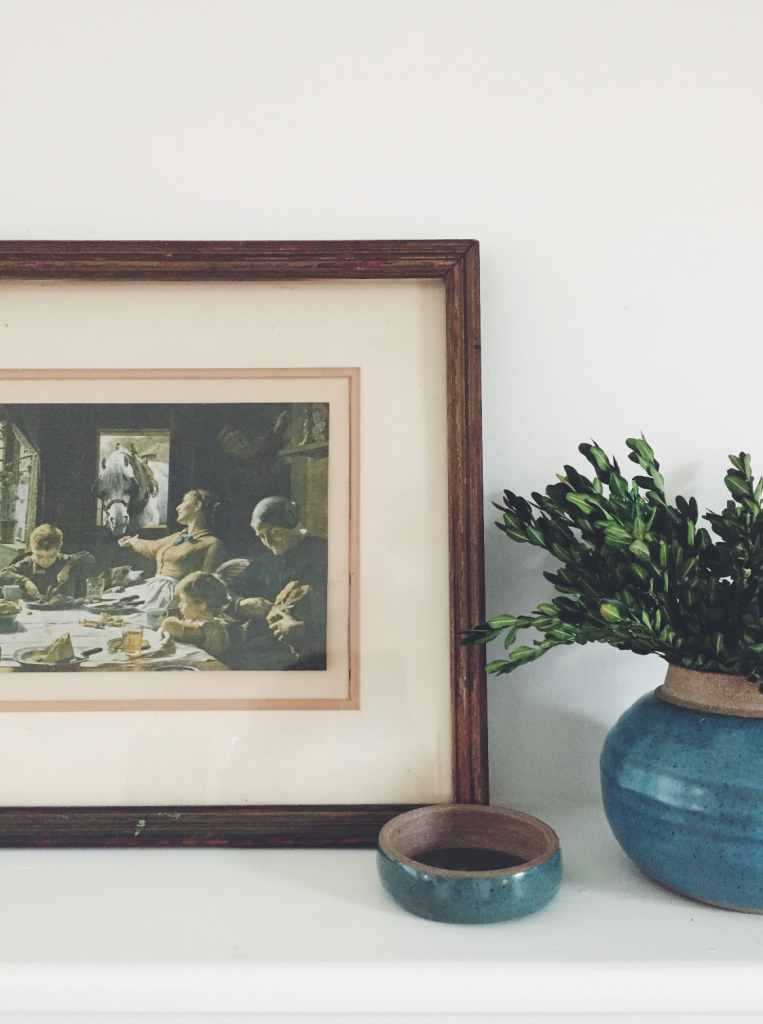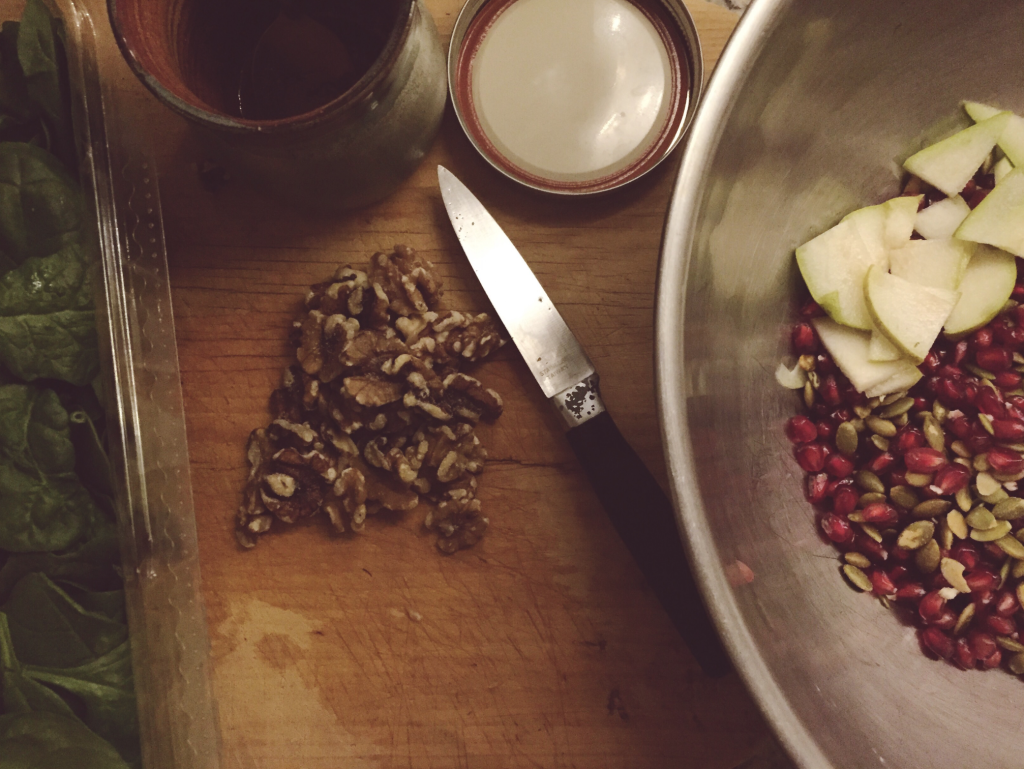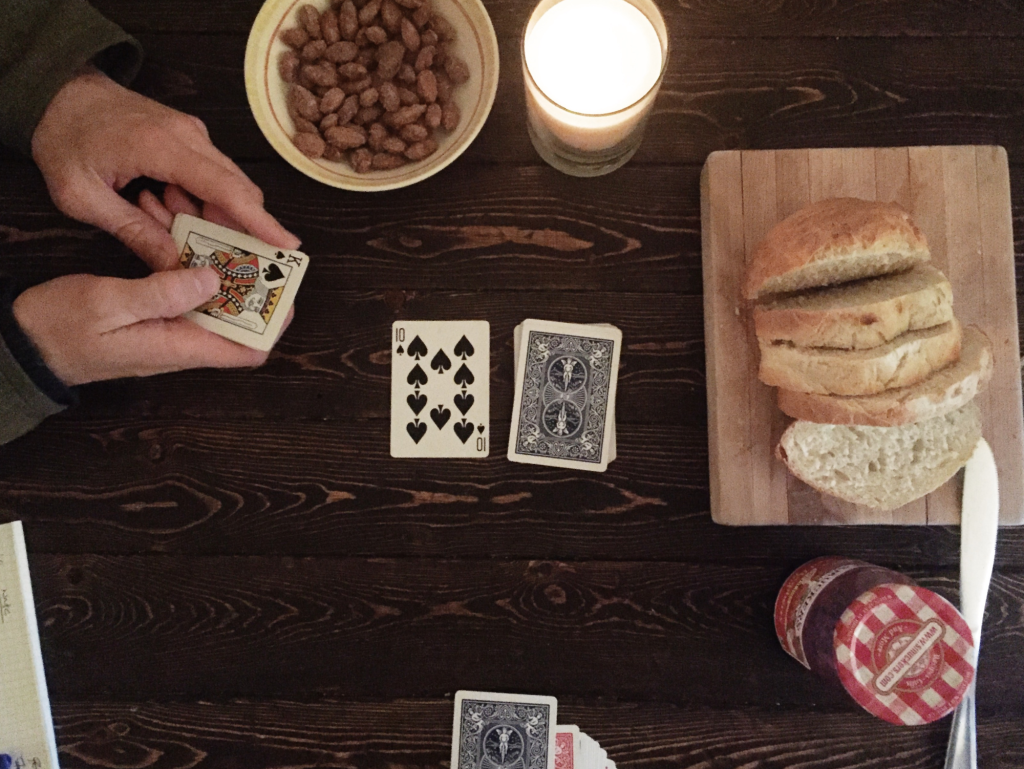When Holidays feel less holy and more just like days
This morning I made coffee in the French Press and let the dog out. She slept in bed with me last night (a first) because Nate is gone on a business trip and I heard a noise at 10pm that sounded almost exactly like the wind rustling through the trees but almost certainly could have been a prowler or a burglar or peeping Tom. Harper has nothing of guard dog in her in all the best ways but the presence of her back in the crook of my knees made me sleep better.
While I waited for the French Press to brew, I thought about today, St. Valentine's Day. I had really grand hopes for holidays before I got married, dreams of cozy birthdays, breakfasts in bed, cards with sweet words all the time for no occasion, stout traditions formed in our more lucid moments, and fanfare. I've said before, though, the man God gave me has done the dishes every night of our marriage and cleans the bathrooms, and holds me when I cry, and is quick to offer money and whatever we have and hold to anyone in need, and is learning that I love holidays more than he does naturally. When I stack up the days of the year I dreamed would be special next to the days of the year he serves me and everyone we know with a quiet, faithful passion, his side tops out every time by miles.
. . .
Two people I love love one another and are getting married in a few months and this morning he wrote some words on Facebook I wanted to share,
"Being in a happy relationship on Valentin's Day is better than being alone. Minimizing loneliness only inflames despair. Hope and its fulfillment are born out of honest desire. Impossible though it is, keep wanting. I did til 27. Young, yes. But a restless 27. People told me a relationship wasn't better than singleness — that circumstances have nothing to do with fullness. For me, that wasn't true."
My friend, Paul, is right when he says this: impossible though it is, keep wanting.
. . .
There have been some Valentine's Days I spent unmarried that I logged off social media, stayed home, made pancakes, and watched Harry Met Sally and their ilk. I couldn't bear with my aloneness and hoping felt impossible. And it also felt, like Paul said, the repeated words from others, "Circumstances have nothing to do with fullness," just weren't true. Circumstances have everything to do with fullness. That is the point of Christianity. Fullness awaits us in being joined to our groom, and until then, we long. (Don't be surprised, then, when you feel the pangs of longing. They're there to say: "You're right! You're not full yet. You're not finished yet. We're not there yet!")
When I began to realize this, while still single, I began to realize I could celebrate Valentine's Day (and any holiday I wanted) with as much fullness as I had that day (even if it was very little). I hung little heart banners, I made little red desserts, I wore my laciest underpants (an oxymoron if there ever was one...), I invited others over to celebrate the great love that not only He showed to us, but that we could show one another.
It still didn't make me feel completely full though and it didn't occur to me until this morning that, truly, none of the holidays we've had since we got married have felt completely full. My birthday feels like it will be forever marred by the shooting I witnessed in Denver on it. Our first anniversary was spent at a funeral. Our Christmases have fallen during months where we felt eaten by indecision and mourning. I worked all day last Valentine's Day and he's working this one.
But he exists as my husband and I exist as his wife, and this occurred to me this morning. Before there was an unfulfilled longing and others said I had to "get content" and minimized my loneliness. Now there is a fulfilled longing (I have the best husband I could imagine God giving), and still, some unfulfilled circumstances.
I commented on Paul's post that "Circumstances do have something to do with fullness. And of course we don't have complete fullness under the new heavens and new earth, but even that is circumstantial: our joy is centered on the fullness of our face to face with Christ."
I guess I want to say to you, on this St. Valentine's Day, log off social media, watch Harry Met Sally in your pajamas. Or put on your lacy underpants and make heart-shaped pancakes for all your friends. Or make a steak dinner for your honey or write her a card full of all the reasons you love her. But don't be surprised when you feel full but not completely full. God didn't create us to be automatons, robots who never long for or experience love and it is good and right that you long for it most fully.
God gave good gifts to us on earth, not to satiate us fully, but so that when the fullness wears off, and disappointment sets in, we're reminded our fullness is dependent on the eternal circumstance of being finally face to face with our King.
The Nearly Naked Spice Cake I made for Nate on Saturday to celebrate love a bit early. Here's the recipe.





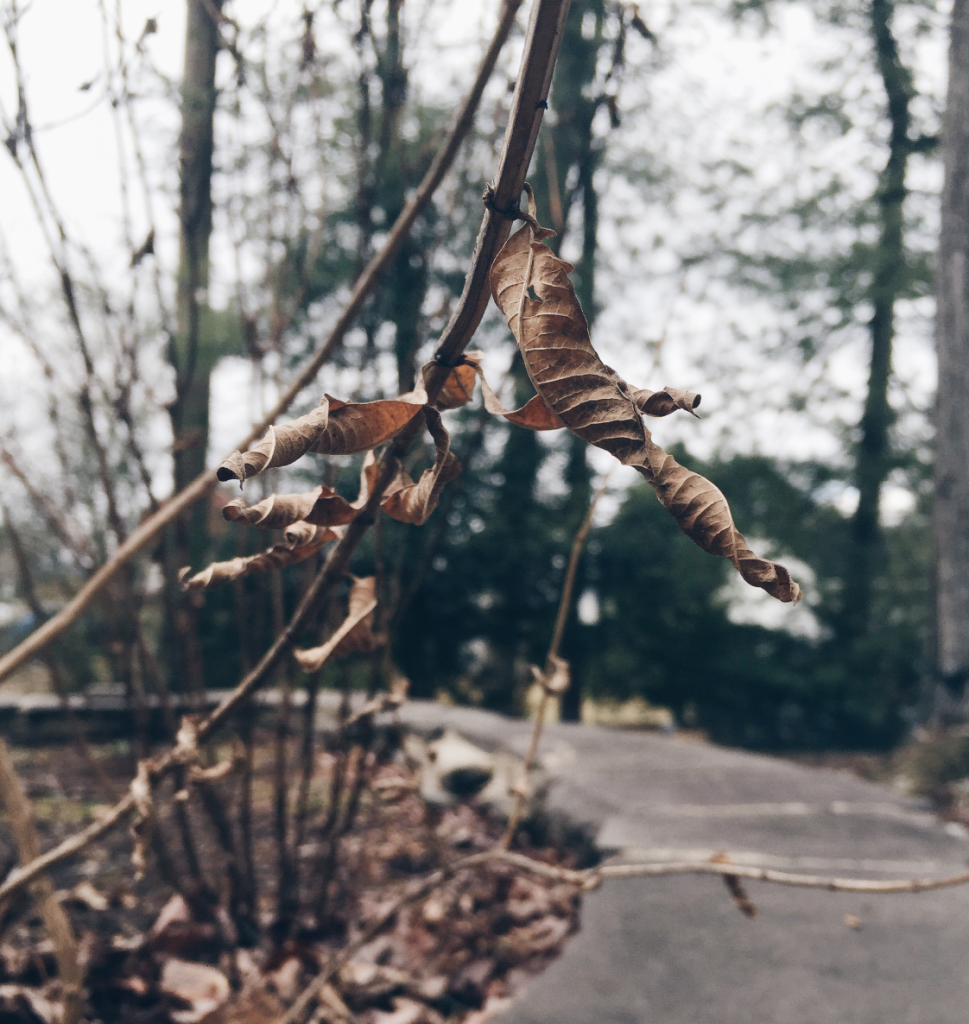
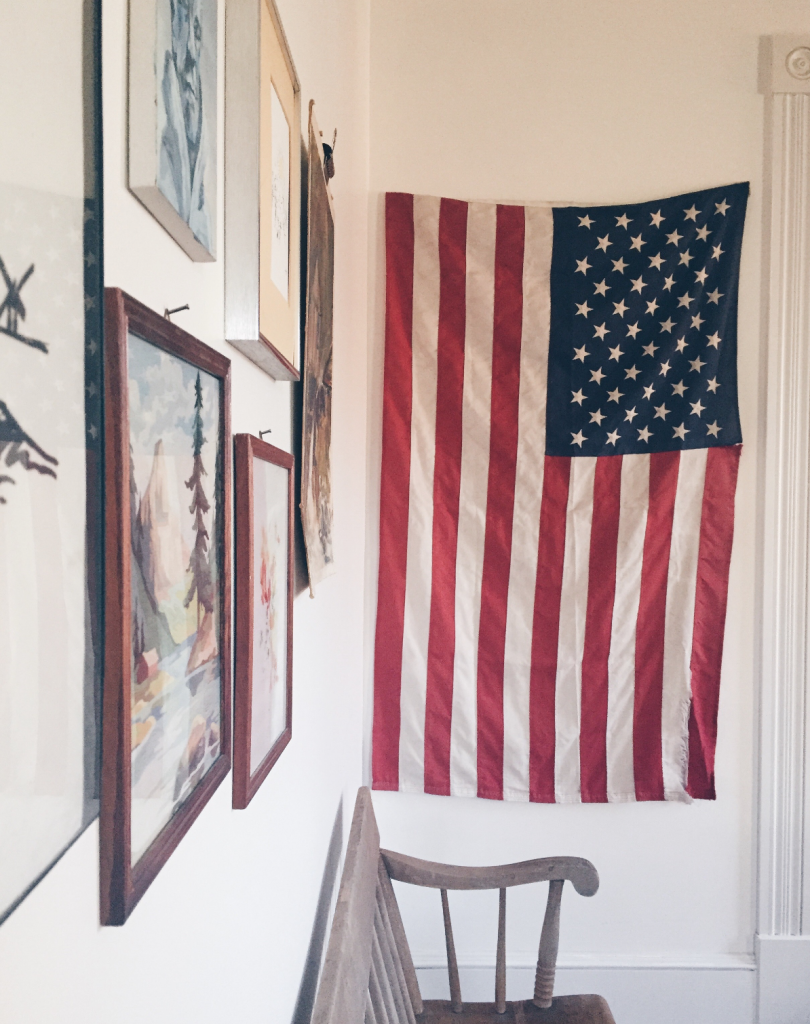
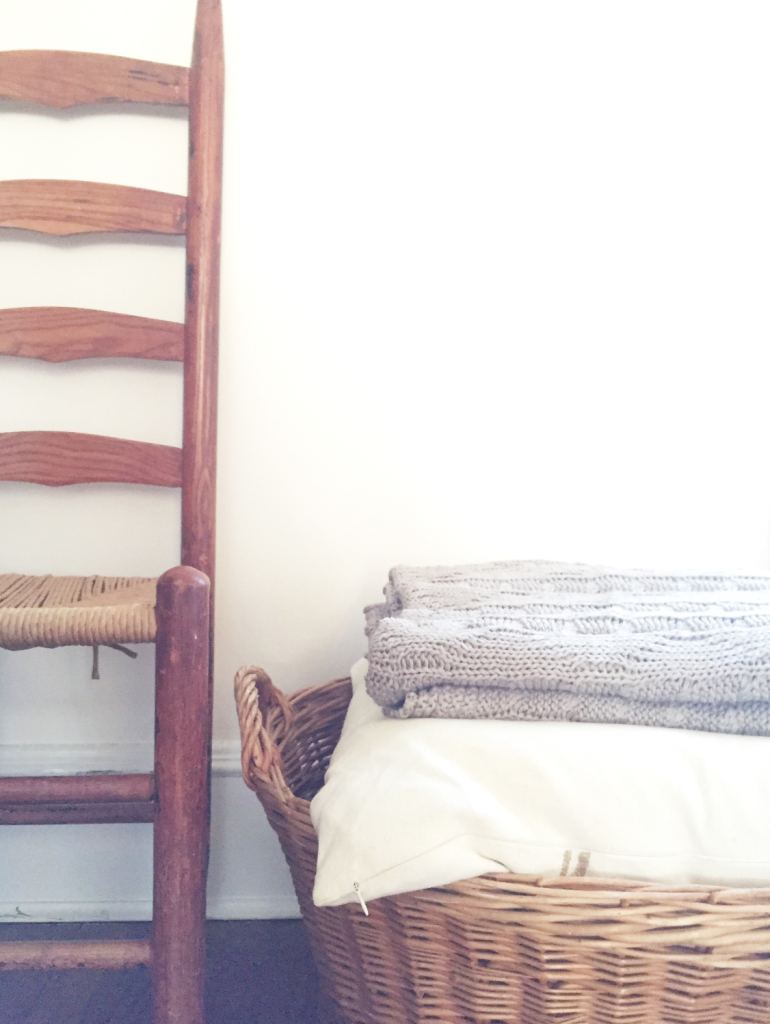 I have been reading the book of Job this month and I am encouraged by it in a way unlike ever before. I've struggled with Job in the past, either I didn't want my joy tinged with his suffering or I didn't want my suffering spiraling down more. But God, in his goodness, has me reading the whole book this month and every morning I am struck more and more by the deep wells of truth in it. His friends did some things right and said some things wrong. Job did some things right and said some things wrong. It is not a prescriptive book, it is descriptive of Job's life and walk with the Lord, but it can be a comfort to us in its descriptiveness.
I have been reading the book of Job this month and I am encouraged by it in a way unlike ever before. I've struggled with Job in the past, either I didn't want my joy tinged with his suffering or I didn't want my suffering spiraling down more. But God, in his goodness, has me reading the whole book this month and every morning I am struck more and more by the deep wells of truth in it. His friends did some things right and said some things wrong. Job did some things right and said some things wrong. It is not a prescriptive book, it is descriptive of Job's life and walk with the Lord, but it can be a comfort to us in its descriptiveness.